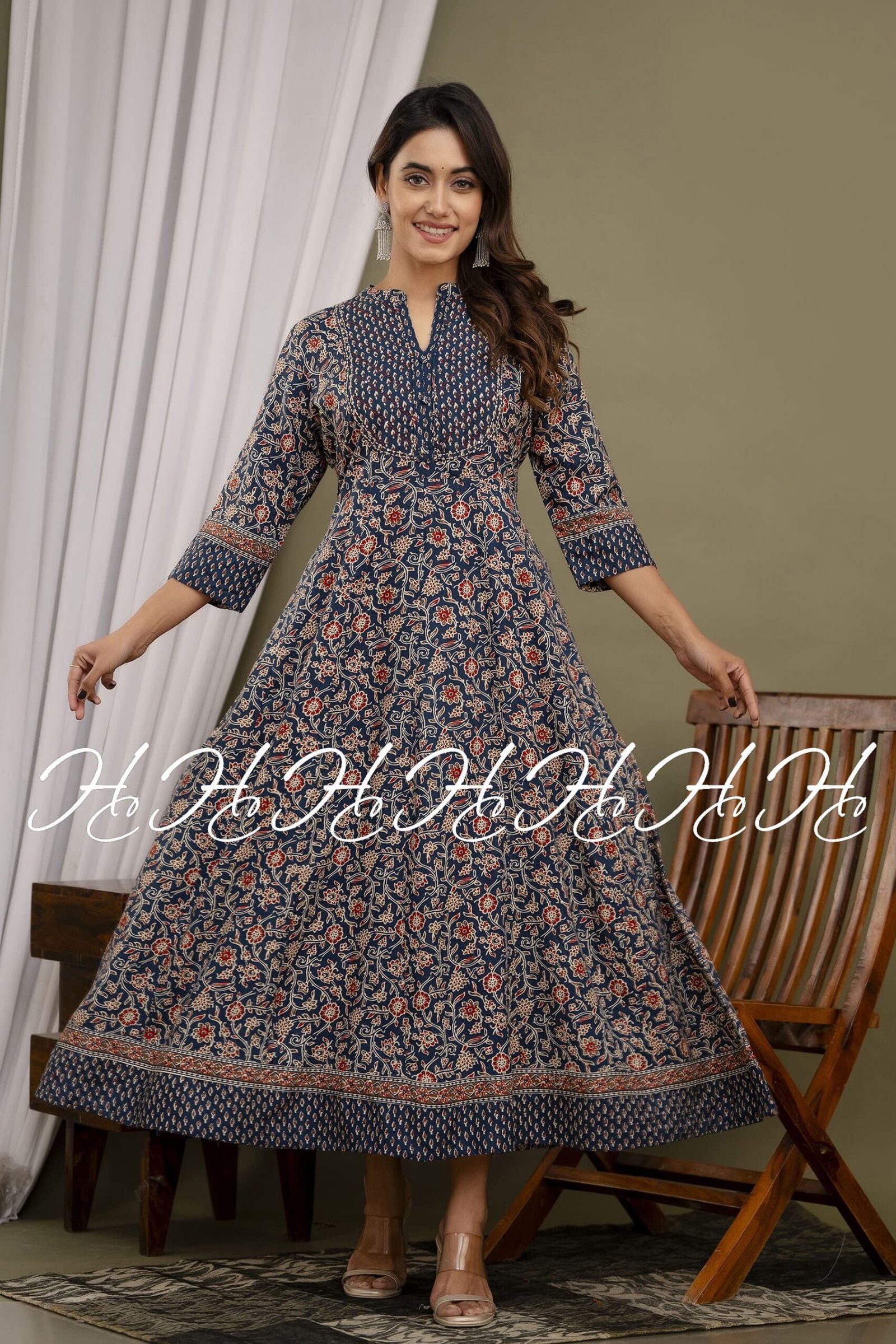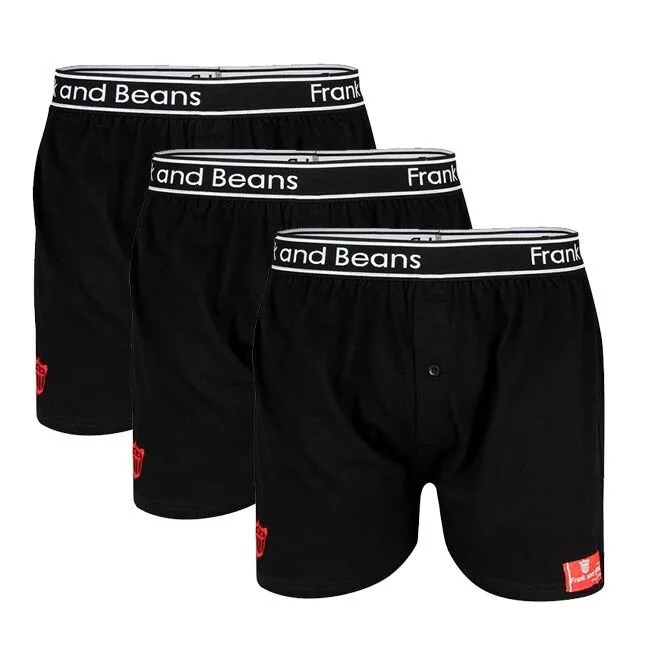
Are there sustainable or eco-friendly Kurti manufacturers in India?
In recent years, the fashion industry has been undergoing a massive transformation. With the rise of conscious consumerism, many people are now choosing clothing brands that prioritize sustainability and ethical practices. The Indian ethnic wear market, especially the Kurti segment, has also embraced this shift. Consumers are increasingly searching for eco-friendly Kurti manufacturers in India and even looking up “kurti manufacturers near me” to find local brands that focus on environmentally responsible production.
So, are there really sustainable or eco-friendly Kurti manufacturers in India? The answer is a definite yes. India is home to several ethical fashion brands and manufacturers who are making significant efforts to reduce waste, use organic materials, and support local artisans. Let’s explore how sustainability is shaping the Kurti manufacturing industry and what makes these manufacturers stand out.
The Rise of Sustainable Fashion in India
Sustainable fashion is no longer just a global trend — it has become a movement in India. As customers become more aware of how their clothing choices impact the planet, Kurti manufacturers in India are adapting their production processes. They’re opting for eco-friendly fabrics, natural dyes, and ethical labor practices. The rise of local searches such as “kurti manufacturers near me” also reflects the growing interest in supporting small, local businesses that align with eco-conscious values.
Eco-Friendly Fabrics Used by Kurti Manufacturers in India
One of the first steps toward sustainability is the choice of fabric. Many kurti manufacturers in India have started using organic cotton, bamboo fabric, linen, and khadi instead of synthetic materials. These natural fibers are biodegradable and require less water and chemicals during production.
- Organic Cotton Kurtis: Manufacturers use cotton grown without harmful pesticides, which helps preserve soil fertility and protects farmers’ health.
- Bamboo Fabric: Bamboo is known for being one of the most sustainable plants, requiring minimal water and no pesticides. Bamboo kurtis are soft, breathable, and eco-friendly.
- Khadi and Linen: Traditional Indian fabrics like khadi and linen are gaining popularity again because they are handwoven, durable, and made using natural processes.
These fabrics not only benefit the environment but also provide comfort, breathability, and longevity — qualities every customer looks for when buying kurtis.
Natural Dyeing and Minimal Waste Practices
Dyeing is one of the most polluting stages in the textile industry. However, several eco-friendly kurti manufacturers in India are turning to natural dyes extracted from plants, flowers, and minerals. For example, turmeric provides a beautiful yellow hue, while indigo gives deep blue shades.
Moreover, sustainable manufacturers follow zero-waste production models. They reuse leftover fabric pieces for accessories, patchwork designs, or new collections. Some even collaborate with recycling organizations to manage textile waste effectively.
Ethical Labor and Fair Trade Practices
Sustainability goes beyond environmental responsibility — it also includes ethical treatment of workers. Many kurti manufacturers in India employ local artisans, providing them with fair wages and safe working conditions.
By purchasing from these manufacturers, you’re not just buying a piece of clothing; you’re supporting traditional craftsmanship and helping preserve India’s rich textile heritage. When consumers search for “kurti manufacturers near me,” they often discover small workshops where local women create hand-embroidered or block-printed kurtis using age-old techniques. These initiatives empower rural communities and promote self-sustainability.
Energy-Efficient and Low-Impact Production Methods
Another important aspect of eco-friendly Kurti production is reducing carbon emissions. Some manufacturers have shifted to solar-powered energy, while others have implemented water recycling systems to minimize waste. The use of digital printing instead of chemical-based printing methods also contributes to lowering the industry’s environmental footprint.
Brands that follow such practices are setting new benchmarks for other kurti manufacturers in India, proving that sustainability and style can coexist.
Examples of Sustainable Kurti Manufacturers in India
Several Indian brands have embraced sustainability wholeheartedly:
- Fabindia: Known for promoting traditional handloom and organic fabrics, Fabindia supports local artisans and promotes eco-friendly dyeing techniques.
- Anokhi: Based in Jaipur, Anokhi focuses on block printing with natural dyes, ensuring every kurti reflects ethical craftsmanship.
- No Nasties: This brand specializes in organic cotton apparel and follows fair-trade practices from seed to stitch.
- Bunaai and The Loom: These emerging brands are popular among younger audiences for their sustainable fabric choices and handmade designs.
When you search for “kurti manufacturers near me,” you might find similar local brands offering beautiful, sustainable options without compromising on design or comfort.
The Benefits of Choosing Sustainable Kurti Manufacturers
Choosing eco-friendly kurti manufacturers in India offers multiple benefits:
- Environmental Protection: Reduced pollution, lower carbon footprint, and conservation of natural resources.
- Healthier Fabrics: Natural materials are gentle on the skin and free from harmful chemicals.
- Support for Local Artisans: Ethical production sustains India’s rich textile traditions and provides livelihoods to rural communities.
- Unique Styles: Handcrafted designs have a unique charm that machine-made clothes can’t replicate.
Sustainable fashion might come with a slightly higher price tag, but the quality, longevity, and positive impact make it worth every rupee.
How to Find Eco-Friendly Kurti Manufacturers Near You
If you want to support sustainable brands, start by searching online using keywords like “kurti manufacturers near me” or “eco-friendly kurti manufacturers in India.” Check for certifications such as GOTS (Global Organic Textile Standard) or Fair Trade labels, which indicate ethical production. Visiting local exhibitions, craft fairs, or handloom clusters is another excellent way to find authentic and sustainable Kurti makers.
Conclusion
Yes, there are many sustainable and eco-friendly Kurti manufacturers in India who are redefining how fashion interacts with the planet. From using organic fabrics and natural dyes to promoting fair trade and local craftsmanship, these manufacturers prove that sustainability is not just a trend — it’s the future of fashion.











